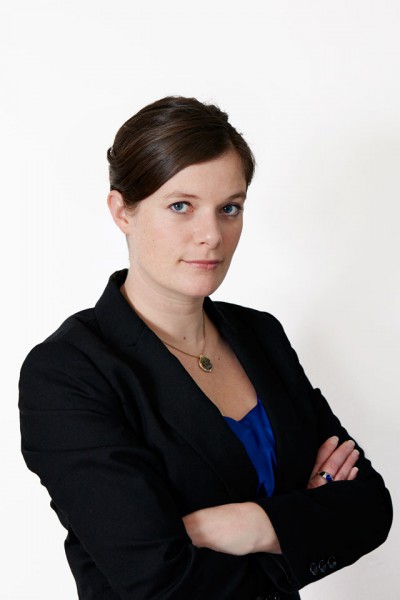Celeste Miller and Kay King will host a 2-hour webinar on the new Uniform Guardianship Act, covering the portion of the act governing custodial guardianships of minor children. The new act makes significant changes to the current third party (nonparent) custody laws by eliminating RCW 26.10, by replacing it with article 2 of RCW 11.130. Third party custody will be referred to as guardianship of a minor.

Please note, the UGA is a large title covering a wide variety of legal issues. This CLE will only cover minor guardianship provisions, meaning child custody matters. It will not cover adult guardianships, or minor conservatorships which involve financial matters only. Nonparental visitation under RCW 26.11 will also not be covered.
Guardianship CLE details
The online training will be on Tuesday, October 6, 2020, from 1-3 p.m. PST. The WSBA Low Bono Section is hosting the event. It is $30 for non-section members, and free for section members.
It costs $30 to join the Low Bono Section, which offers a listserv and a variety training and networking opportunities. WSBA lawyers can find out more about LBS and register for the Low Bono Section here, and then once you are registered, the WSBA CLE registration system will automatically recognize you are a member and adjust your CLE price to $0. While LBS is hosting the event, the CLE is not about a low bono approach to guardianship. The CLE course will cover the legal aspects of the new guardianship-custody laws.
The third party custody provisions (for grandparents, relatives, and others) in the new Uniform Guardianship Act does replace RCW 26.10, but does not replace the new grandparents rights (and relative’s rights) in RCW 26.11 to request visitation with a child, as opposed to custody of a child.
Presenters Celeste Miller and Kay King

Celeste Miller is the KCBA Statewide Kinship Care Legal Aid Coordinator. Previously she ran a solo low bono family law firm, Social Justice Advocates. She is a 2010 graduate of Seattle University School of Law, and holds a Masters in Social Work from Portland State University. She is the immediate past chair of the Low Bono Section, and has served on it’s founding and executive committees since 2011. Celeste’s office is at 1200 Fifth Ave. Suite 700, Seattle, WA, and can be reached at (206) 267-7073.
Kay King serves as a Senior Court Analyst in the AOC Office of Guardianship and Elder Services. She has practiced in finance, trust and estate tax, and Medicare health care contracting and compliance, and served as a volunteer dependency GAL. Kay holds a B.A. and a J.D. from the University of Wisconsin Law School.
What Is Low Bono?
In a broad sense, low bono is the principle of increasing access to law-related services for people of moderate means who do not qualify for pro bono assistance, but cannot afford the fees private attorneys typically charge under traditional law firm models. There are opportunities to provide low bono services in the legal profession, and in every other profession that intersects with the delivery of legal services.
Low bono service providers find many creative ways to provide their services, and the list of possibilities continues to grow as practitioners try out new models of service delivery. Some examples of low bono services include:
- Using flexible pricing models, including sliding-fee scales, flat fees, payment plans, third-party payments, even crowdfunding
- Unbundling services
- Increasing the efficiency of delivering common services, such as adopting back office technologies and appropriately delegating tasks
- Commoditizing certain services, including online service delivery, automated intake, publication of legal guides, self-help kiosks, and document automation for common documents
- Mindfully and creatively using clients’ limited legal budgets, such as when crafting discovery requests
- Adopting a methodology of client counseling and litigation in which practitioners seek early and affordable resolutions when appropriate, even when it would be more profitable to engage in protracted conflict
Low Bono Section Benefits
The greatest benefit of joining the Low Bono Section is the opportunity to build lasting relationships with a community of like-minded professionals. For its members, the Low Bono Section provides a forum and opportunity for education, training, sharing of forms, practice tips, client counseling techniques, and alternative techniques for conflict resolution. The section provides its members with free mentorship opportunities, discounted admission to low-bono-oriented CLEs, networking and referral opportunities with other low bono professionals, leadership development opportunities, and more.